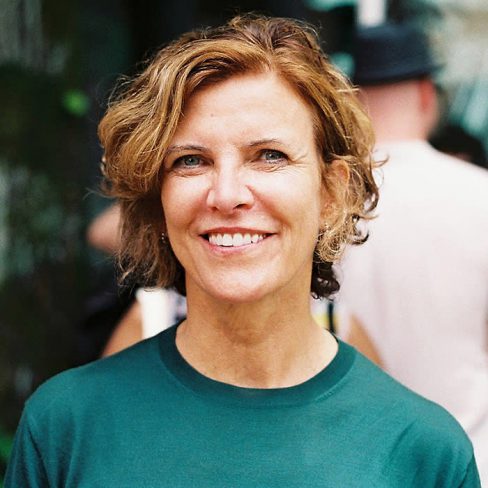Financial Times — “Jeanne Gang — Making Waves in a Male World”
July 6, 2018
“Whatever the claims of other cities, Chicago is the home of modern architecture and the heartland of the skyscraper. It rebuilt itself after the fire of 1871 in iron and glass, and then steel, its towers competing with each other in height but also in ornament, invention and beauty. It is where former Bauhaus director Mies van der Rohe landed after Germany became too toxic and where his minimal Modernism morphed into the slick corporate mid-century style that now represents the high point of sophisticated capitalist design.
It can also seem a fiercely male place, a city of big men and macho mayors, conscious of its competition with New York but also its position as the heart of the ‘real’ America. Yet its most recognisable and interesting contemporary architect is a woman.
Jeanne Gang exploded on to the city’s skyline with her Aqua Tower a decade ago. …
‘The idea was to use those balconies as a social device. There are no dividers between different apartments’ balconies, so the idea was to express a social network on the elevation.’
It’s a typically smart answer. Direct, unpretentious, self-deprecating; you almost don’t notice the very contemporary catchphrases segueing into one another. … She is sharp, but not at all cynical.
Perhaps that openness is what has driven her to create an oeuvre which is constantly changing, impossible to pin down. Every building from her office is entirely different to the last. There is no house style.
After graduating, Gang started at OMA in Rotterdam, the firm founded by Rem Koolhaas. She doesn’t, I suggest, have the hallmark of most former OMA alumni, that particular combination of slightly cynical wit, arrogance and a kind of high-octane salesmanship. ‘I learnt a lot from Rem,’ she says, ‘but I don’t talk like him. But, like him, I do have major ambition.’
What is that ambition? I ask. ‘To decrease polarisation in society and connect people to each other and the environment. People have to care about each other before they care about their environment.’
That word environment pops up a lot. ‘When I graduated very few people were talking about it,’ she says, ‘but I have a deep passion for it. Ecology is about the relationships between living things and the environment—that’s how we should be talking about architecture.’”
